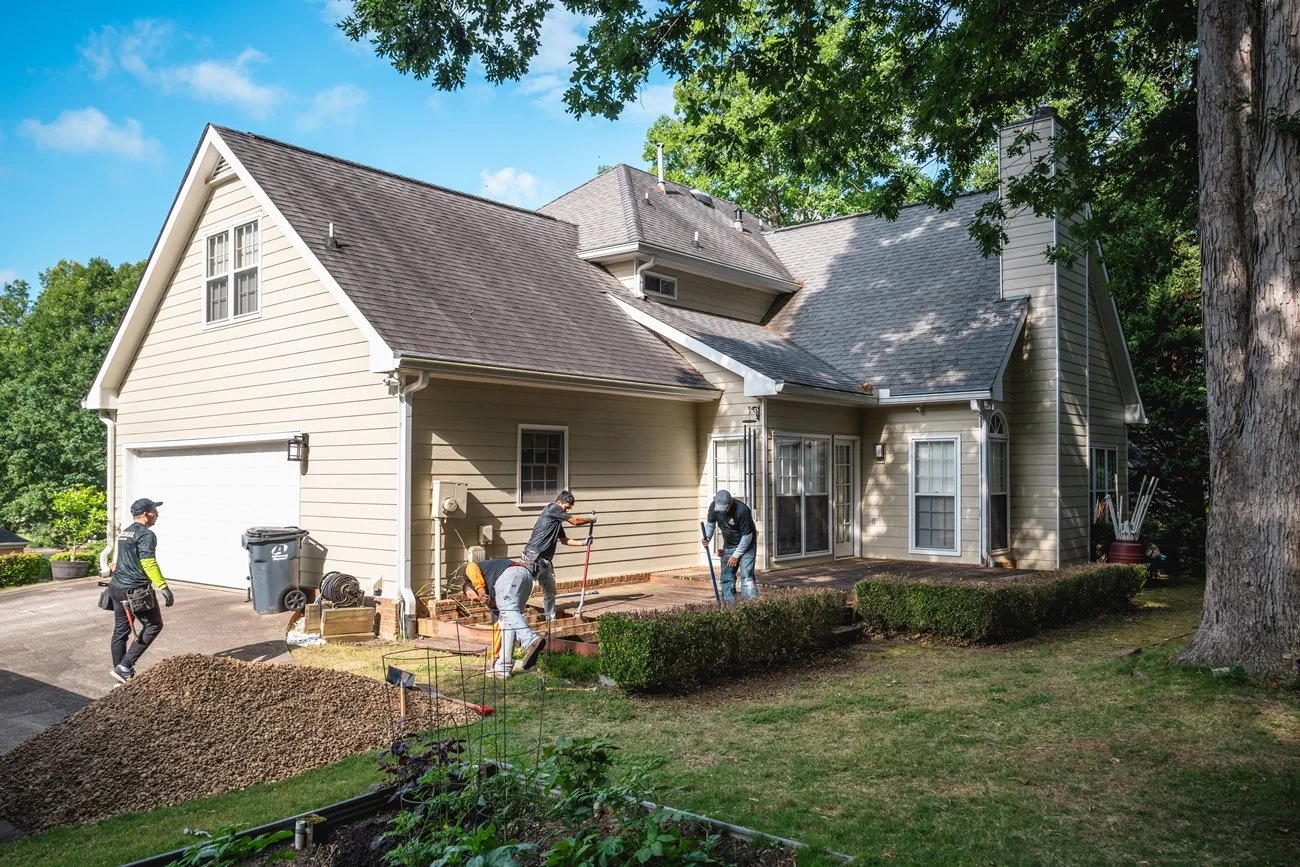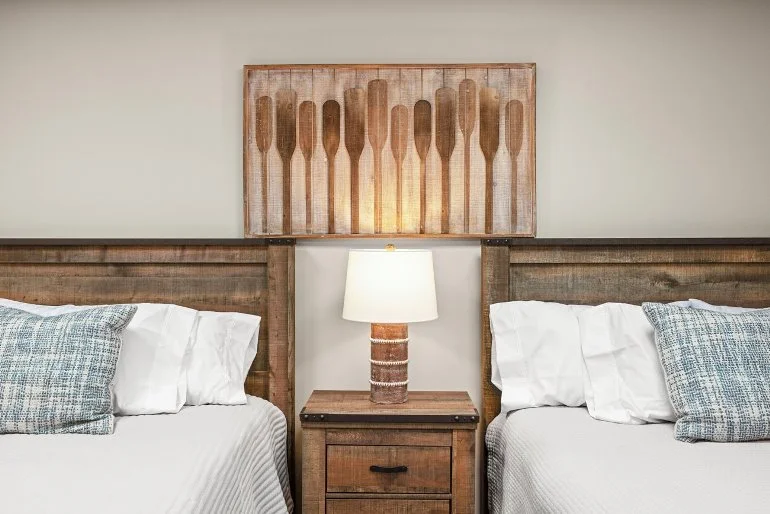As a home renovation expert, I frequently receive questions from homeowners eager to transform their living spaces. Among the myriad inquiries, one question consistently stands out: “How much will this remodel cost?” Budgeting is a primary concern for anyone considering a home remodel, and for good reason. Here’s a detailed guide to understanding and managing the costs associated with home remodeling.
Scope of Work: The extent of your renovation plays a significant role in determining costs. Full-scale remodels involving structural changes, new layouts, and extensive material use are more expensive than cosmetic updates. For instance, a complete kitchen overhaul will cost significantly more than simply repainting cabinets and updating fixtures.
Materials: The choice of materials is another major factor in remodeling costs. High-end materials like granite countertops, custom cabinetry, and hardwood floors are more expensive than laminate countertops, stock cabinets, and vinyl flooring. While premium materials can elevate the aesthetic and durability of your space, they also come with a higher price tag.
Labor: Hiring skilled professionals is crucial for a successful remodel. Labor costs vary based on the project’s complexity, the contractor’s experience, and your location. Urban areas tend to have higher labor costs compared to rural areas. To get an accurate estimate, obtain detailed quotes from multiple contractors and ensure they include all aspects of the job.
Unforeseen Issues: Hidden problems can emerge once work begins, such as outdated wiring, plumbing issues, or structural damage. These issues can add unexpected costs to your project. To prepare for these surprises, it’s advisable to allocate 10-20% of your budget as a contingency fund.
Managing Costs: To effectively manage your remodeling budget, follow these steps:
- Detailed Planning: Outline every aspect of the project, including design, materials, labor, and permits. This helps in setting a realistic budget and avoiding scope creep.
- Prioritize: Identify must-have features versus nice-to-haves. Focus on essential upgrades that offer the most value and defer non-essential elements if necessary.
- Obtain Multiple Quotes: Comparing quotes from several contractors can help you get the best value for your money. Ensure each quote is detailed and covers all expected costs.
- Track Expenses: Use a spreadsheet or budgeting app to monitor your spending throughout the project. This helps in staying within budget and identifying areas where you might be overspending.
- Regular Communication: Maintain open communication with your contractor. Regular updates and transparency can prevent misunderstandings and keep the project on track.
Budgeting for a home remodel can be daunting, but with careful planning and management, it’s possible to achieve your dream space without breaking the bank. By understanding the various cost factors and preparing for the unexpected, you can embark on your remodeling journey with confidence and clarity.



